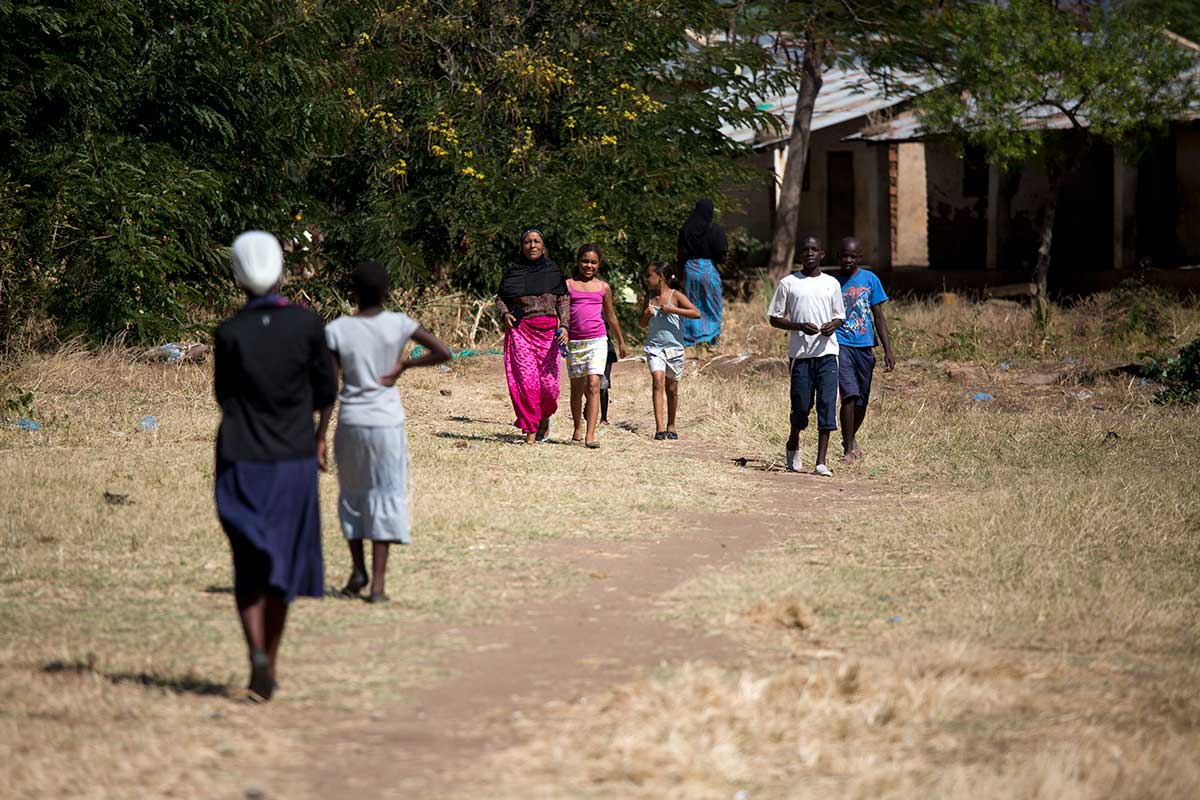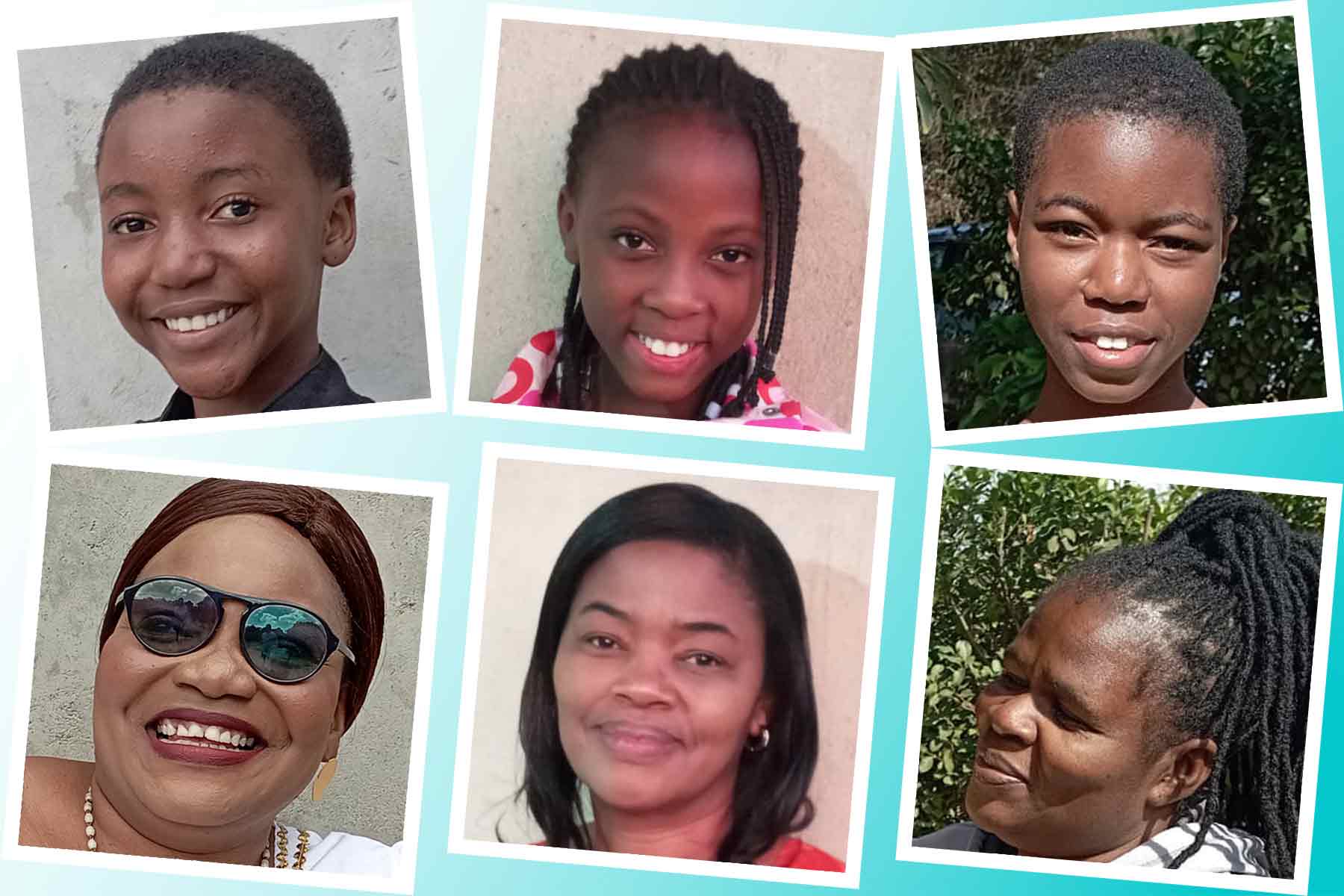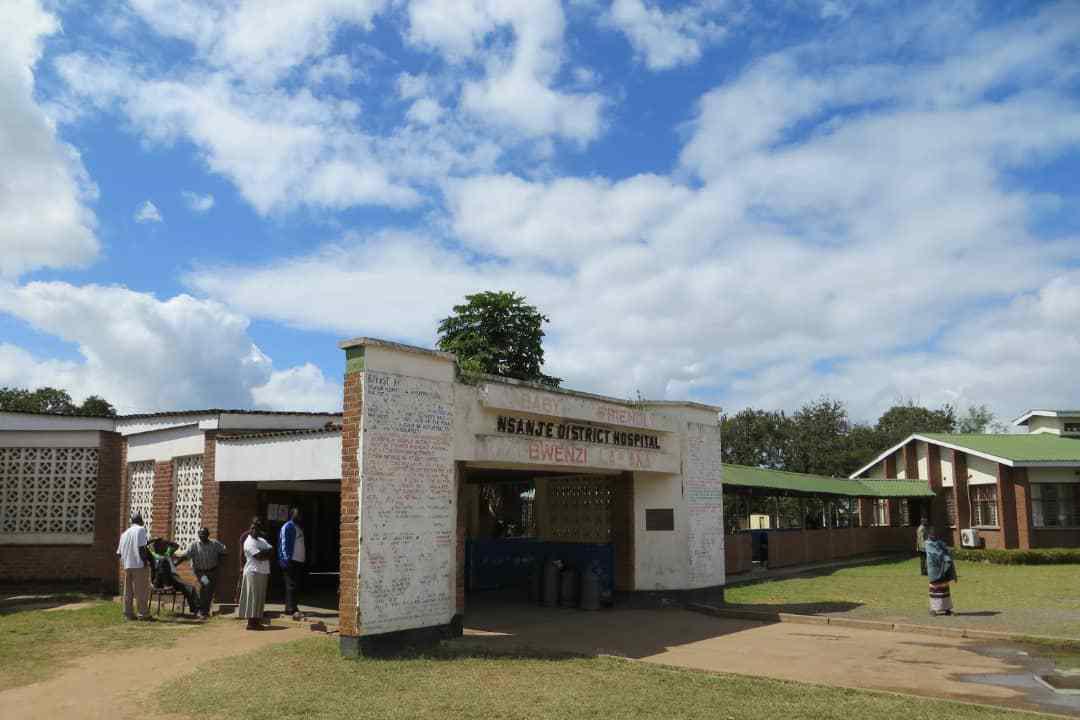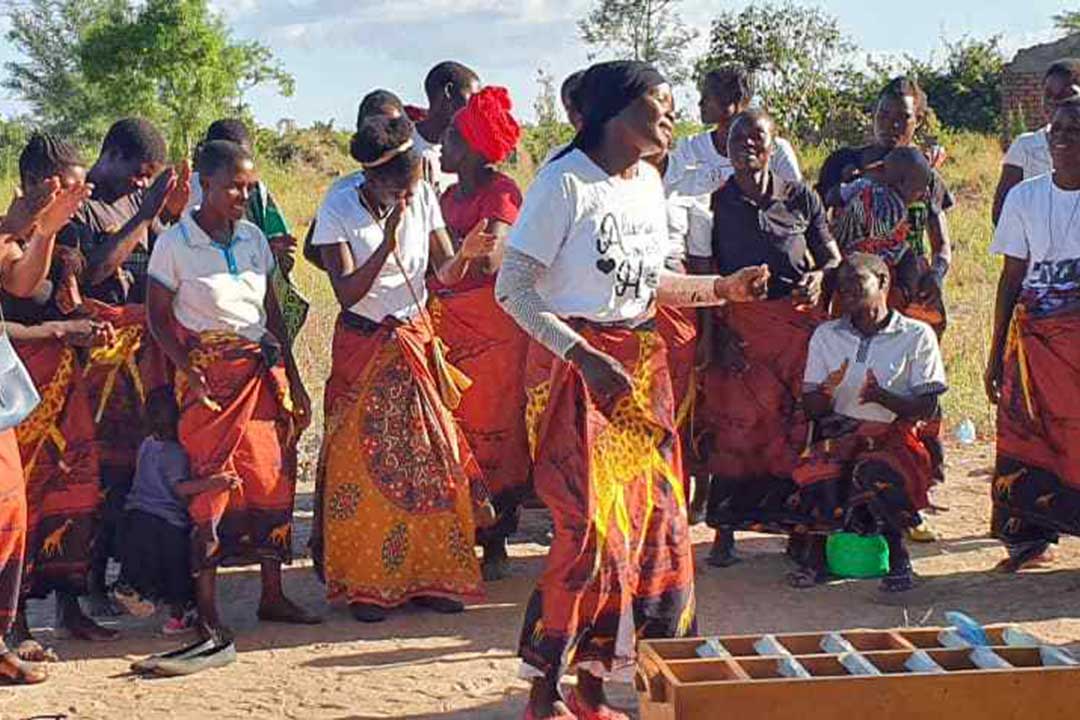Malawi takes on religious beliefs that discourage immunisation
Malawi’s Ministry of Health is using its structures to reach out to a small section of religious groups that are threatening the success of the country’s immunisation programme.
- 27 May 2021
- 4 min read
- by Josephine Chinele

Malawi has made tremendous progress in immunising children in recent years. With funding and support from partners, including Gavi, UNICEF, the World Health Organization (WHO), Organised Network of Services for Everyone's Health Activity (ONSE) and PATH Malawi, the government has been able to provide free vaccines to all, particularly within urban slums, remote areas and conflict settings.
Hastings Waphera, a Community Health Volunteer in Phalombe, southern Malawi, is well-placed to determine the efficacy of the immunisation programme.
95% of children in Malawi now receive all three doses of basic diphtheria, tetanus and pertussis-containing vaccines (DTP3). This has resulted in the reduced burden of infectious diseases.
“Every month, I collect all the vaccination cards to record inoculations done in that month in the village’s register book, which I present to the health centre I report to,” he says. “I am able to see who missed or had delayed vaccinations. I also work to ensure that I am in regular contact with parents, especially those who do not take their children to the Mpasa Health Centre for vaccinations. I’m so thankful to the traditional leaders and other Community Health Workers who have been at the forefront of encouraging parents to have their children vaccinated.”
Yet, there continue to be small segments of children who are not immunised. Temwa Mzengeza, National Routine Immunisation Officer of the Expanded Programme on Immunization (EPI), says: “The Ministry is missing approximately 10% of the children across all antigens that are supposed to be given in the child’s first year of life. The challenge is that they become a health hazard, when they develop infections and pass that onto other children.”
Of serious concern are those who are not vaccinated because of their parents’ religious beliefs. Mzengeza adds: “With the measles outbreak in 2010, the majority of the affected were the unimmunised and the index case came from the groups of religious groups who don’t allow vaccinations.”
Mavuto Sagawa, a devout member of the Phalombe Apostolic John Masowe Church, reveals that all his eight children, the youngest of which is four years old, and grandchildren have never been immunised or received medical treatment.
“When a family member falls ill, we seek the help of our church prophet who comes to pray for us. He diagnoses the sins that the family committed for them to have an illness among them. Once this is done, intensive healing prayers are done. This is done for all ailments.”
For Group Village Headman Mwenye, while his subjects have managed to eliminate most of the negative beliefs around immunisations, he acknowledges that there may still be issues that Community Health Workers come across.
Have you read?
“They do need to report these to us, following which parents have to pay a ‘defiance fine’. If they don’t report to us about the defiance, it’s hard for us to know,” he says.
According to Mzengeza, there are a number of national initiatives that seek to address this challenge, including: the work of Health Surveillance Assistants (HSAs) and volunteers; continuously sharing information on the importance of vaccinations; conducting Periodic Intensified Routine Immunisations (PIRI) campaigns where unvaccinated children are identified and vaccinated; the implementation of an overarching Reach Every Child Strategy; and conducting defaulter tracing of children who have missed vaccinations.
“HSAs are responsible for planning the vaccination sessions, conducting vaccinations of children, reporting and following up defaulters,” Mzengeza says.
According to the WHO/UNICEF Estimates of National Immunisation Coverage (WUENIC), 95% of children in Malawi now receive all three doses of basic diphtheria, tetanus and pertussis-containing vaccines (DTP3). This has resulted in the reduced burden of infectious diseases.
Despite the challenges from small church groups, Malawi’s Ministry of Health is both committed and cautiously optimistic when it comes to its ability to ensure that every child is immunised.









